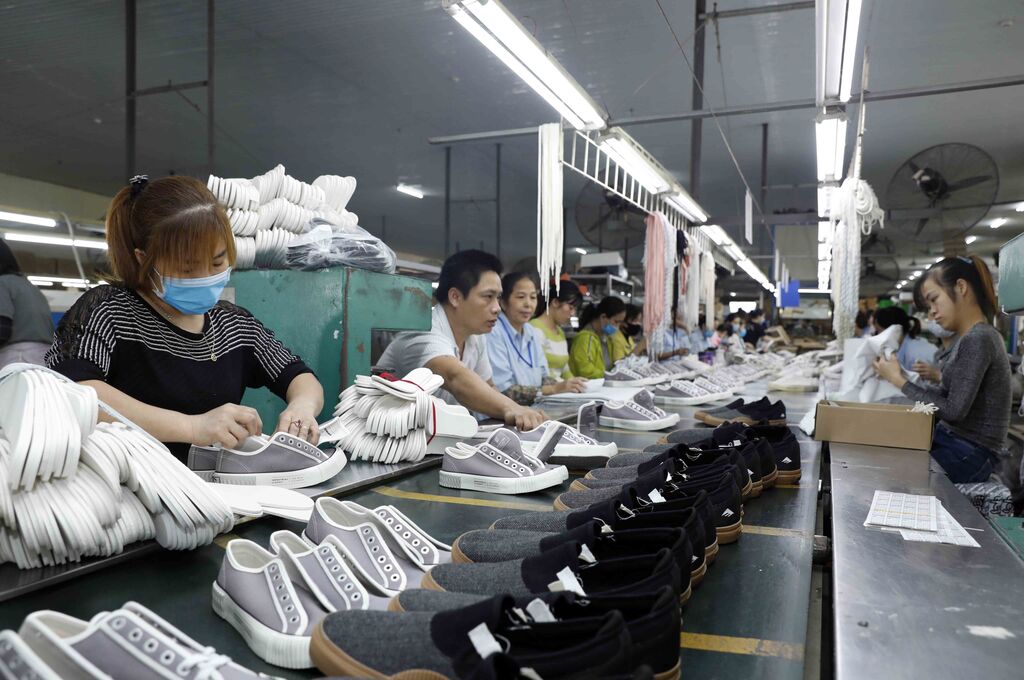The European Union-Vietnam Free Trade Agreement (EVFTA), in force since August 2020, has had a significantly positive effect on Vietnamese exports to France, according to Vu Anh Son, head of the Office du Vietnam’s trade in this European country.
The deal helps Vietnam boost its international prestige as one of the first developing countries to embark on a next-generation trade deal with the EU, with high-level commitments.
This prestige has a decisive role in encouraging European companies to become more involved or to engage for the first time in commercial activities with Vietnamese companies.
The tangible benefits of reduced tariffs under the EVFTA have contributed a lot to maintaining the pace of Vietnamese exports to the EU during and after the COVID-19 pandemic. Despite the global economic slowdown and difficult export trends in general, Vietnamese exports to France maintained a stable growth of 7.7% year-on-year in the first four months of this year, reaching more than 2.12 billion. euros.
Vietnam’s main export products to France were leather shoes, electronic products and telephones, as well as textiles and clothing, which accounted for about 60% of the total export value. In particular, exports of shoes and phones posted strong increases of 30.5% and 21.9%, respectively.
According to Vu Anh Son, the EVFTA is a “boost” and an important source of encouragement that pushes Vietnamese companies to engage more professionally and systematically in international supply chains with well-defined plans.
In the French market, Vietnamese products are increasingly popular and recognized by local consumers, thanks to a series of promotional activities and image-building efforts. For example, Vietnamese rice is now sold in two large supermarket chains – Carrefour and E.Leclerc.
The Vietnam Trade Office continues to seek to take advantage of the opportunities and potential generated by the EVFTA, in order to further support Vietnamese products to access the French market. However, technical requirements and rules of origin remain significant obstacles for Vietnamese goods exported to the EU in general and France in particular. Vu Anh Son advised exporters to invest more in technology to produce products that meet European standards.
This article is originally published on lecourrier.vn









